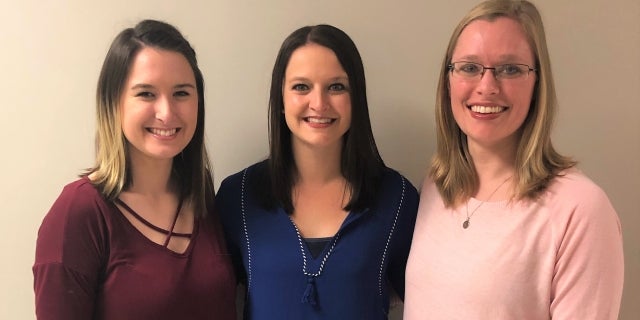
March is National Nutrition Month and to commemorate the occasion, Hillcrest Hospital South Lead Dietitian Jennifer Watkins shares her expertise on the topic of nutrition in a pandemic through a series of weekly blogs. This week, Watkins shares tips on referring patients to an outpatient registered dietitian.
An outpatient registered dietitian can provide a personalized nutrition plan for the treatment and prevention of diseases. In the outpatient setting, the registered dietitian will complete a thorough assessment of the patient’s nutritional status, provide personalized nutrition treatment plans, and in-depth counseling essential in helping patients make sustainable lifestyle changes while still eating their favorite foods.
Physicians are in a unique position of directing patients to specialists in health care and are vital in helping patients connect with dietitians for disease management, treatment, and prevention. Given the impact of nutrition intervention on long-term outcomes, dietitian referrals can be an integral part of your patient’s healthcare plan.
When should a patient be referred to an outpatient registered dietitian?
• Type 1 or Type 2 diabetes, gestational diabetes
RD’s can help patients maintain healthy blood sugar levels by helping them choose nutritious foods and watching portion sizes. One study found that three to six months after nutrition therapy, HgA1c was reduced. Research shows meeting regularly with an RD helps manage weight, improves cholesterol levels, decreases the need for medicines and reduces risk for other diseases.
• Cardiovascular disease, hypertension, high cholesterol, heart failure
An RD can help patients safely adjust their eating patterns without compromising nutrition or causing the patient to depend on restrictive, short term diets.
• Gastrointestinal issues
An RD can work with patients to pinpoint food intolerances and facilitate the elimination of foods causing adverse symptoms.
• Any diagnoses that increase or decrease energy needs, such as cancer and wound healing
• Any mechanical issues with eating and digestion including edentulism, head and neck cancer, esophageal stricture, and malabsorption
• Unintended weight loss
• Indications that the patient might be engaging in disordered eating patterns
A registered dietitian is an integral part of the healthcare team addressing eating disorders such as anorexia, bulimia and binge eating.
• Weight loss, gastric bypass surgery
It can be difficult to get enough nutrients when a patient’s stomach can only manage small servings. An RD can develop an eating plan for their new needs.
• Vitamin or mineral deficiencies
• Pregnancy or breastfeeding mothers
An RD can ensure a patient is getting the right amount of essential vitamins and minerals for themselves and their infant.
• General nutrition information
An RD can help patients learn how to read nutrition labels at the grocery store, discover healthy cooking, learn how to dine out and stay within their goals.
